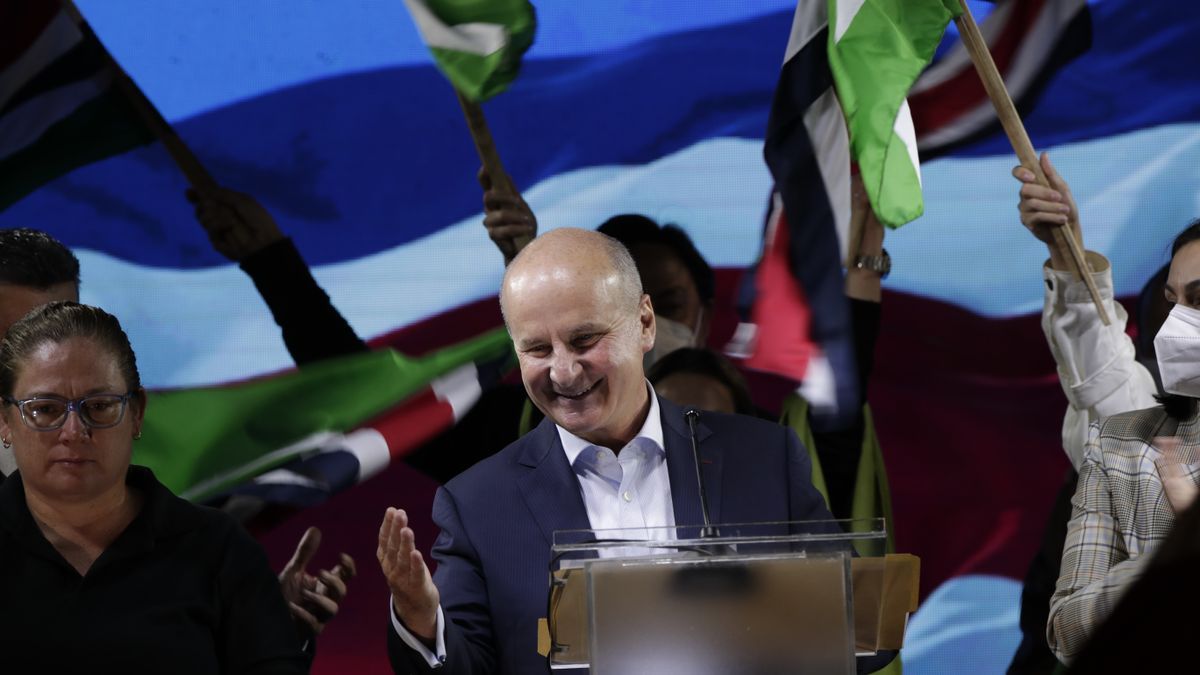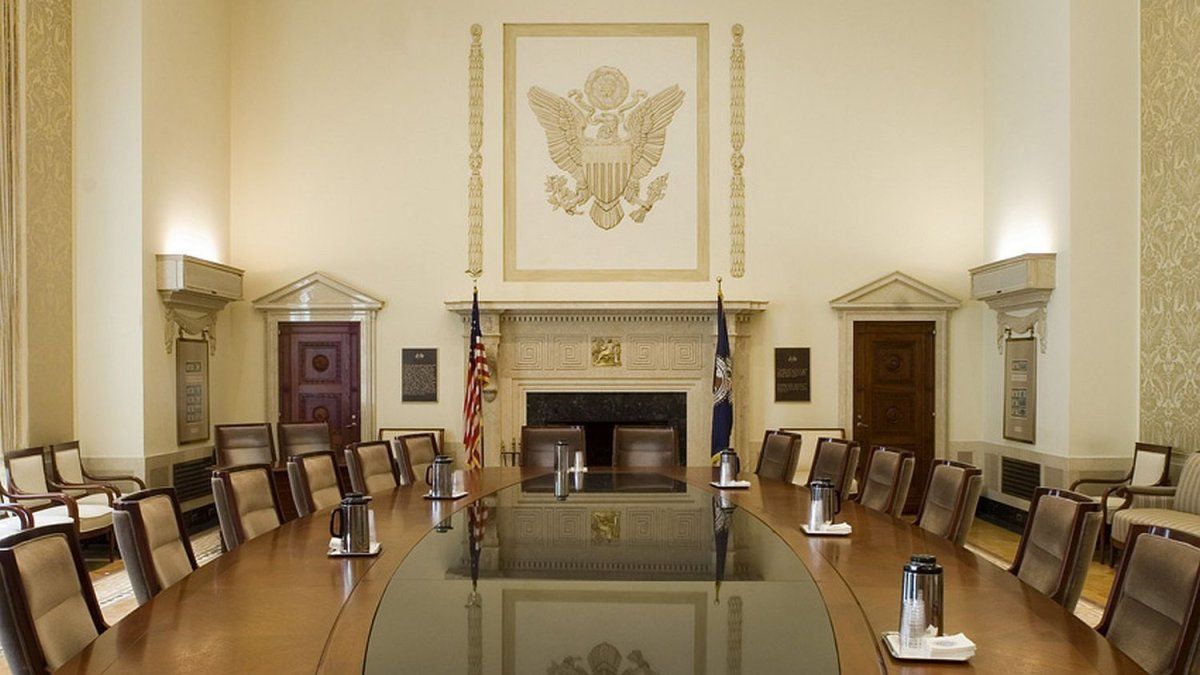When the Supreme Electoral Tribunal has already counted almost 80% of the votes, Figueres, 67, of the National Liberation Party (PLN)leads the count, with 27%, but it was not enough to win in the first round.
For his part, right-wing economist Rodrigo Chaves, 60, from the Democratic Social Progress, surprised after being behind in the polls, and scored 16.7%. He was finance minister of the outgoing government for half a year.
Leader in the global ranking of happiness 2018-2020 in Latin America and in environmental activism, in Costa Rica the pandemic increased unemployment (14.4% in 2021), poverty (23% in 2021) and public debt equivalent to 70% of GDP, a situation that set off alarms from multilateral organizations.
It also hit tourism hard, one of its main economic engines.
“I am convinced that we are going to rise from this crisis and march together towards our future,” said Figueres, after hearing the results, at the celebration with his supporters.
Figueres, governed between 1994-1998 and is the son of the emblematic former president José Figueres Ferrer, who abolished the Army in 1948.
“We are going to a second round and I ask to leave behind the conflict and the sterile confrontation Don José María [Figueres]I beg you for a tall, purposeful and ideas campaign,” commented Chaves for his part, during his own celebration.
Both figures have been open to alliances with those who lost.
In this contest, the 57 deputies of Congress were also elected. The calculations suggest a highly fragmented Parliament.
“Whoever assumes the government is going to have social conflict because changes must be undertaken that imply major negotiations with the Legislative Assembly,” said political scientist Gina Sibaja.
“The macroeconomic and corruption issues that Chaves positions in his speech are going to be discussed with Figueres, who has also presented a presumably robust plan by the National Liberation Party,” said Alejandro Molina, an analyst at the National Policy Observatory. from the University of Costa Rica (OPNA).
These elections were characterized by the discouragement of the population in the midst of the economic problems that hit Costa Rica and accusations of corruption, which resulted in an abstention rate of 40%, the highest in the country’s history.
In the last 13 years, two former presidents faced trials for corruption (one was convicted) and in 2021 two cases of million-dollar irregularities in public works broke out, with ministers involved.
After a bipartisanship that was imposed during the 20th century, the young Citizen Action Party (PAC) managed to govern for eight years. But it did not meet expectations and the outgoing president, Charles Alvaradoends his administration without leaving political capital.
His party did not win seats and the PAC candidate only got 0.66% of the vote.
Source: Ambito
David William is a talented author who has made a name for himself in the world of writing. He is a professional author who writes on a wide range of topics, from general interest to opinion news. David is currently working as a writer at 24 hours worlds where he brings his unique perspective and in-depth research to his articles, making them both informative and engaging.




